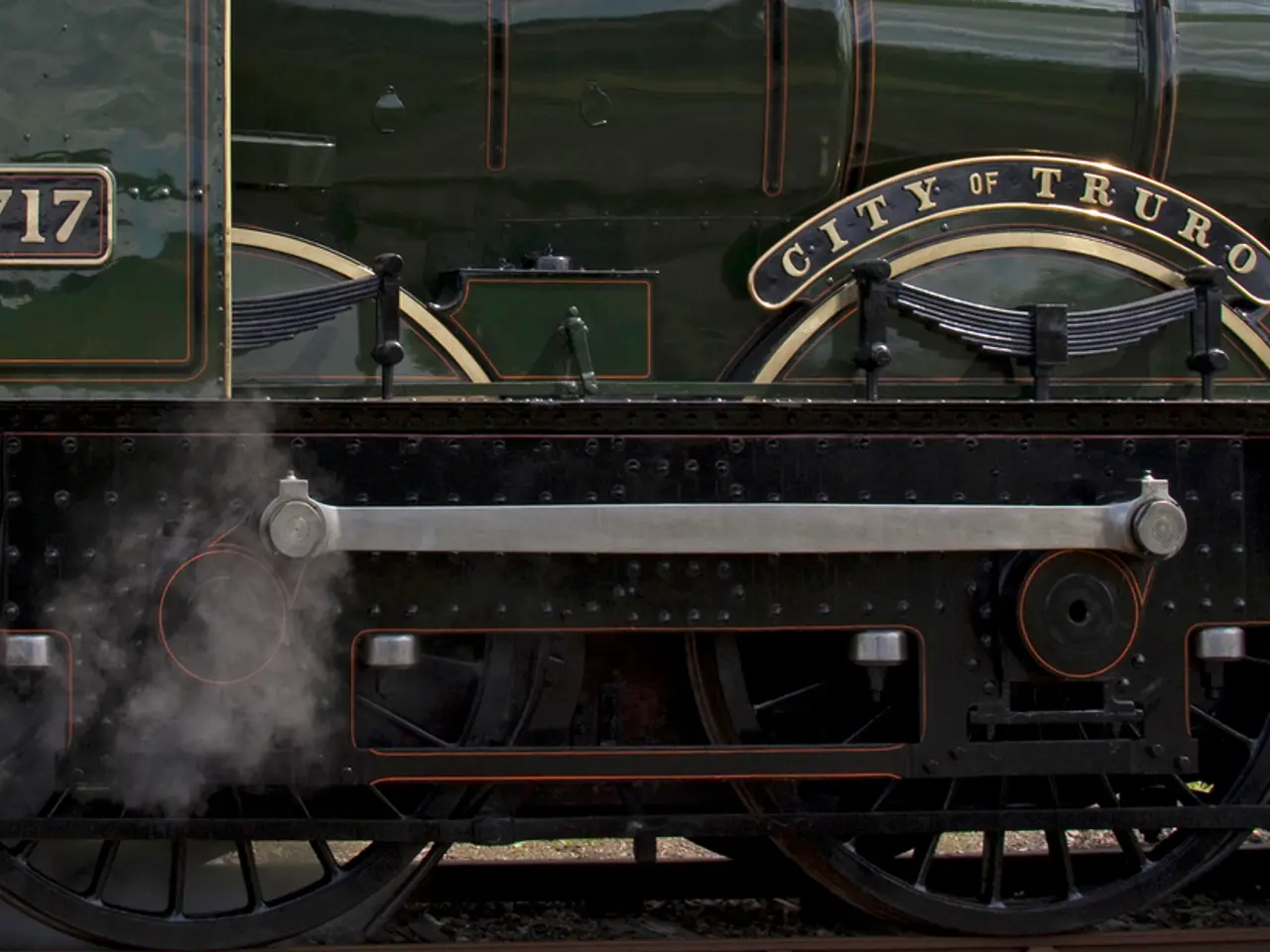Rail Service from Munich to Berlin: Elimination of Syringe Usage on Trains
In a significant development for rail travel in Germany, the new construction and expansion of the ICE line from Nuremberg to Berlin has been completed. This extended track, approximately 60 kilometers long, officially began operation today.
The extended ICE track, now four-lane, runs between Nuremberg and Bamberg, a crucial section that was previously plagued by a bottleneck. This bottleneck has been successfully removed, reducing the likelihood of disruptions and paving the way for a more stable rail operation.
The ICE track between Munich and Berlin has been under construction and expansion for several years, and this latest development is a significant milestone. The route is of great importance for both intercity express (ICE) trains and regional and S-Bahn traffic in Franconia.
Trains have been running on the extended track since September 9, according to Deutsche Bahn (DB), the company responsible for Germany's rail services. DB InfraGO, a subsidiary of Deutsche Bahn, carried out the extension and expansion of the ICE route between Nuremberg and Bamberg.
While this expansion is a significant step forward, it's important to note that the rail expansion in Bamberg, northern Bavaria, is still pending. The project forms part of the "Transport Project Deutsche Einheit No. 8", a larger initiative aimed at improving Germany's rail infrastructure.
This expansion is expected to improve rail traffic in the region, providing a more efficient and reliable service for passengers. With the removal of the bottleneck in Franconia and the expansion of the ICE line, travel between Nuremberg and Berlin is set to become smoother and more convenient.
Read also:
- Deepwater Horizon Oil Spill: BP Faces Record-Breaking Settlement - Dubbed 'Largest Environmental Fine Ever Imposed'
- Cars' Environmental Impact Explained
- Lawsuit of Phenomenal Magnitude: FIFA under threat due to Diarra's verdict, accused of player injustice
- The German automobile sector requires advancement in environmentally friendly steel production







